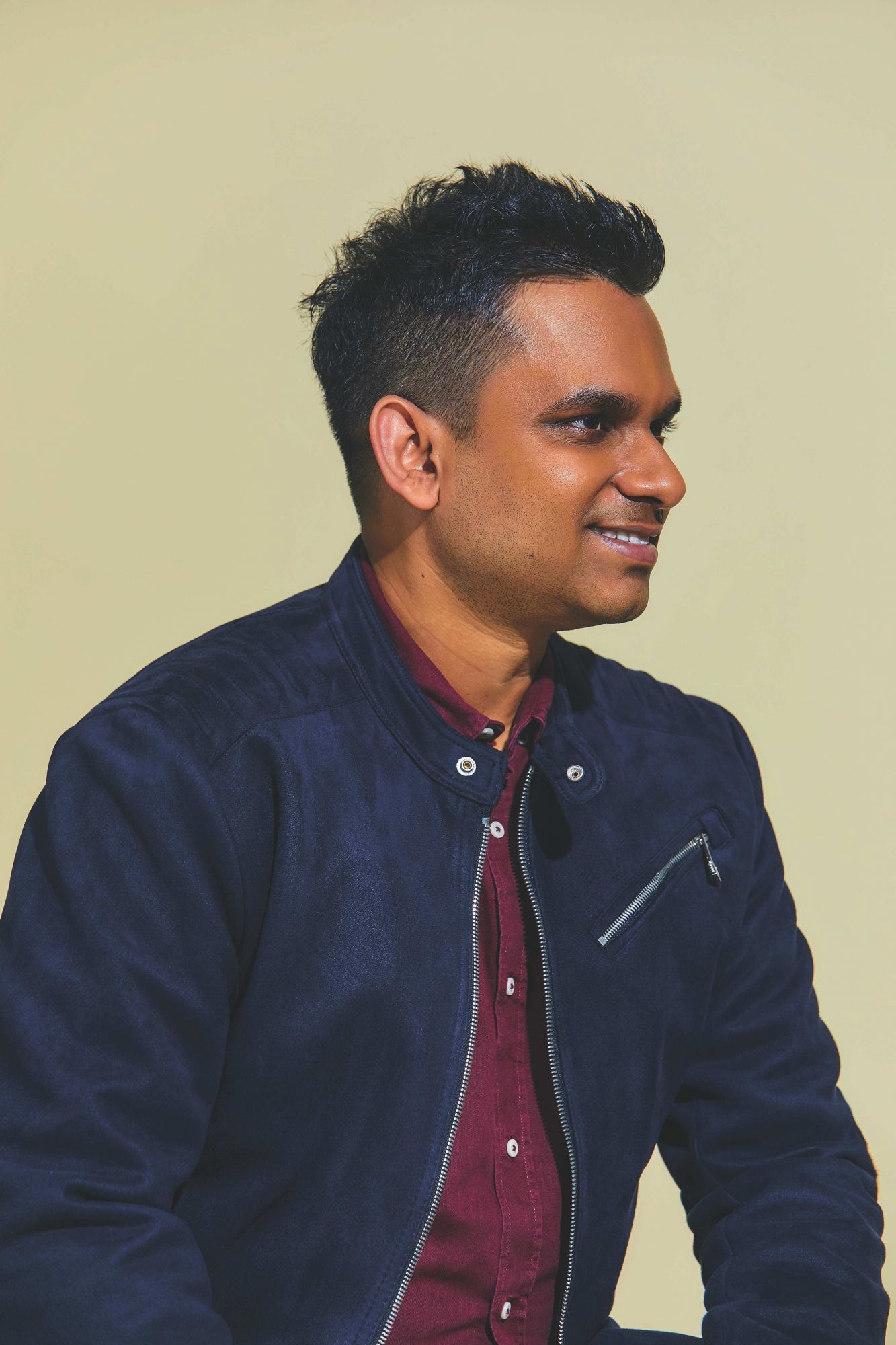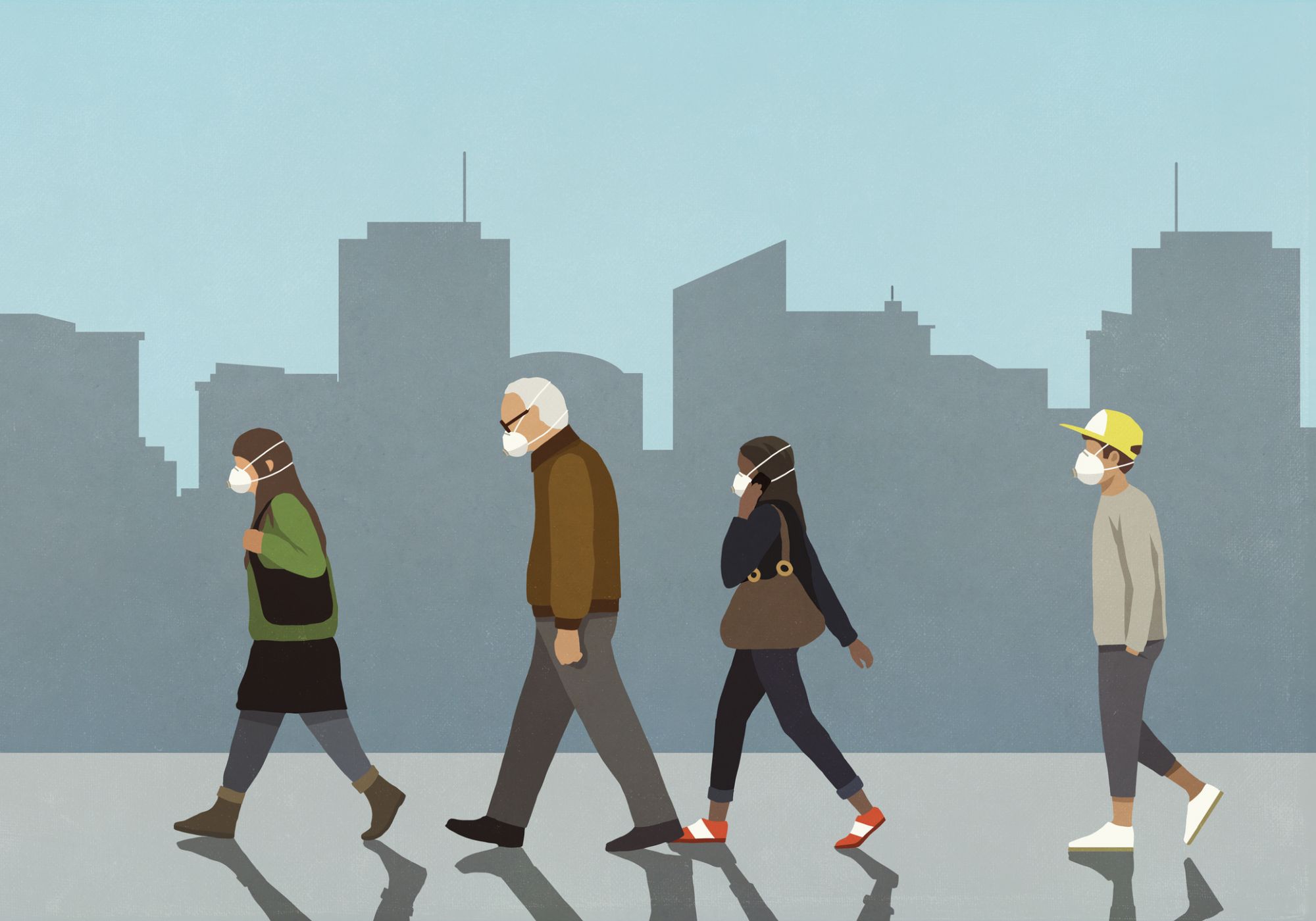Post-pandemic recovery isn’t simply a matter of going back to normal. Here, Gen.T honourees discuss how their businesses have coped—and how they’re getting those companies back on their feet
Some businesses have flourished during the pandemic; most haven’t. As the world starts to tentatively envisage what a post-Covid world might look like, businesses are asking questions about not just how they rebuild, but also how they do so in a way that helps them future-proof themselves against the next black swan event.
The negative consequences of Covid-19 have been manifold: number one, of course, has been a dramatic change in customer demand, in sectors from travel to F&B. But there have also been others, such as sourcing and distribution challenges, legal and regulatory changes and staff sickness. Even when this pandemic is behind us, it’s inevitable that there will be other, similarly alarming challenges to overcome—and that if we continue to degrade the environment at the same rate, they will happen with increasing frequency.
It’s incumbent on all businesses, then, to think in advance about how they might cope if the worst happens again. And while we can’t be sure what form that disaster will take—although there are a few leading candidates, from another pandemic to a climate-related catastrophe—companies can take steps to ensure that whatever those unpredictable events might be, they’re not blindsided by them.
“You really don’t know what the parameters of the next catastrophe are going to be,” says 2020 Gen.T honouree Sangeet Paul Choudary, CEO of Singapore think tank and advisory firm Platformation Labs. “What has really knocked businesses is not a lack of technology or remote working but a change in demand. It’s fundamentally shifted, often either drying up or moving to a different channel. For companies to learn to be more resilient, they need to imagine the different ways they might service demand if channels change, so if they lose revenue from one channel they can make it from another.”

As 2020 honouree Jaeson Ma, founder of talent and brand strategy firm East West Ventures, and co-founder of record label and management company 88rising, puts it: “On a corporate level, you have to think: we now live in a world that’s compromised—we don’t know what will happen. You’ve got to be ready to shut down for months. So how do you pivot? If something else happens, how do you sustain your business?”
For Taiwan-based Lalu Hotels and Resorts, for example, the pivot has involved replacing lost international travellers with domestic tourists, and beefing up its wellness programmes. Says 2020 honouree Vince Lai, the group’s general manager: “Diversifying overall risks to minimise losses and turning a crisis into an opportunity is more important than responding to an incident. Companies must have the awareness of planning for the worst, and must be ready to react to an unknown crisis in the future. Implementing a periodic operation examination is a great way to assess the status of a company.”
For 2021 honouree Olivia Cotes-James, founder and CEO of Hong Kong-based natural period care startup Luüna Naturals, the number one lesson of the pandemic is: get your people on side. “When people ask what we can do to future-proof our business, my answer is always: focus on building a strong team culture,” she says.
“You should be doing this every single day of your business, and it’s something people take for granted. People are by far the most important factor in the success of a business—the pandemic exposed this like never before—and as a founder, one of the most important things you can do on a daily basis is work for your people, so that every day, especially when times are tough, you can count on them. Really be dedicated about putting measures in place that make your team feel valued. It’s something that needs to be done long in advance of a crisis happening.”
See also: The Morning Routines Of 5 Highly Successful People


